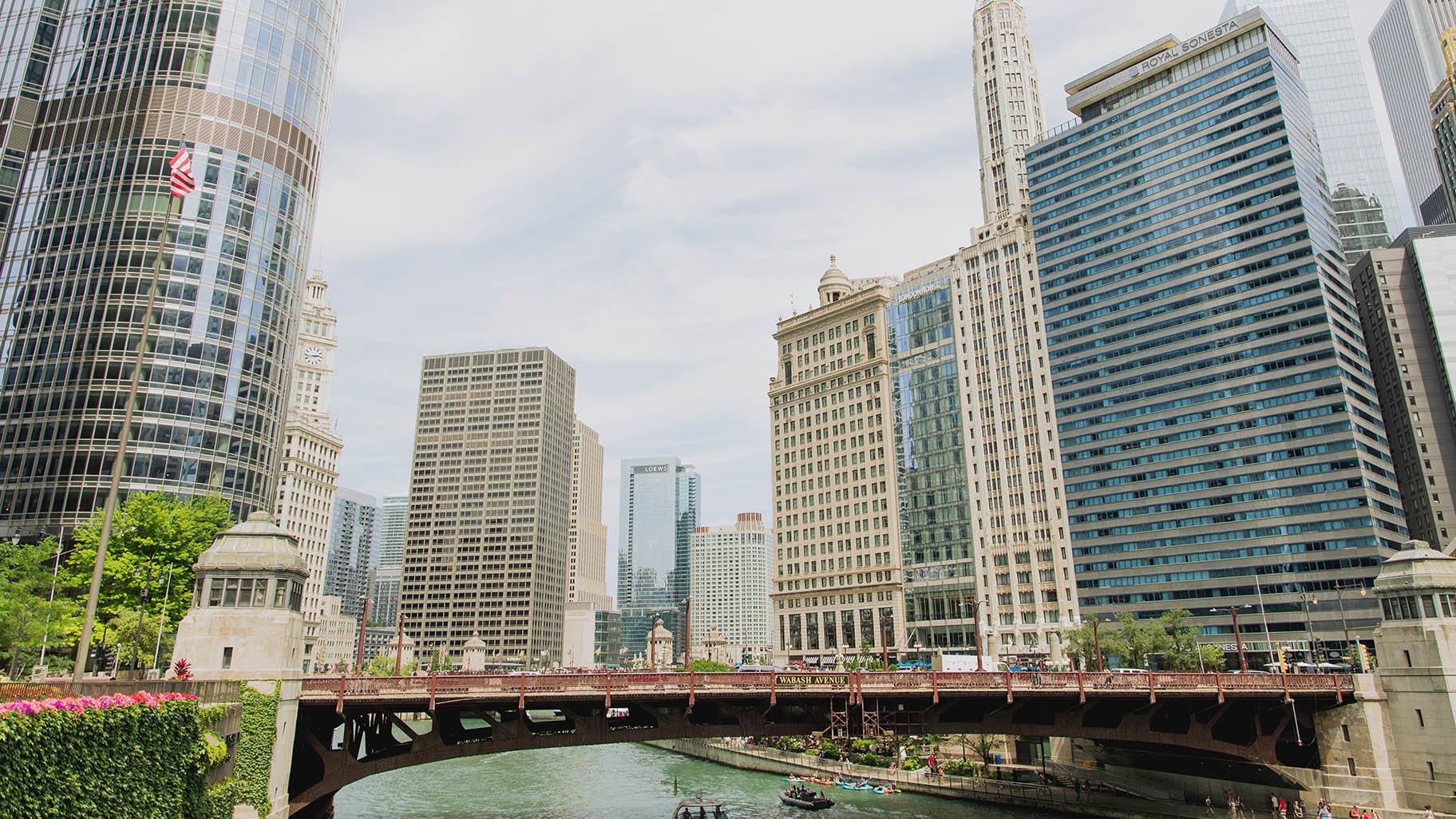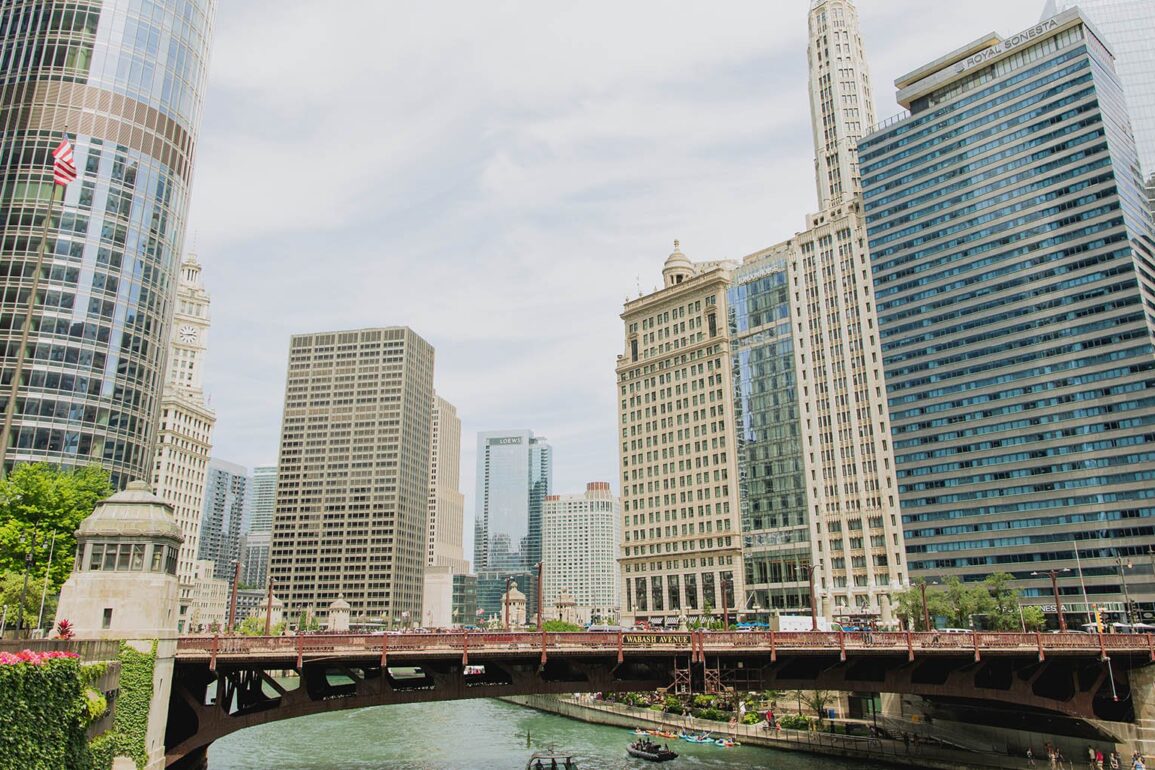
Illinois residents looking to weigh in on reparations, now’s your chance.
The state’s reparations commission is kicking off public hearings across Illinois — with the first taking place in Chicago on Saturday.
Thanks to our sponsors:
The commission is tasked with researching and reporting on possible reparatory actions for Black residents who are descendants of slavery. Leaders said the public’s input will be used in developing proposals for policymakers.
Daniel Davis is an associate professor of Africana studies and African American history at Kennedy-King College and one of the hearing’s featured speakers. He will be talking about the history of slavery in Illinois and said many people don’t realize how it existed here.
“Northern slavery was a real thing,” Davis said. “… We have to understand the connection between slavery and the other things that we were kept from as a people as African Americans, and how that prevented us from building generational wealth, created a social atmosphere where African Americans were looked at as second-class, even third-class citizens or less than human and how that still impacts us today.”
Marvin Slaughter, the board chair of the African Descent-Citizens Reparations Commission, added that the discussion will also include speakers presenting on issues from racial terror to political disenfranchisement, as well as time for public comment.
“We understand that the public input is extremely important to us,” Slaughter said. “It serves as one of the core pillars of input to both our harm report and what recommendations we will consider and tender to the Illinois state legislature.”
As Slaughter and the commission continue the conversation on reparations, Davis said he is encouraged that word is spreading on the issue.
“African Americans aren’t disproportionately in low-income environments, we’re not disproportionately failing in school, disproportionately having these problems, because something’s wrong with us as a people,” Davis said. “There are causal factors, macro-level, micro-level historical factors that put us in this position. And I think that word is starting to spread and I’m happy to see it.”
Saturday’s hearing runs 10 a.m.-1 p.m. at Kennedy-King College, 740 W. 63rd St.


